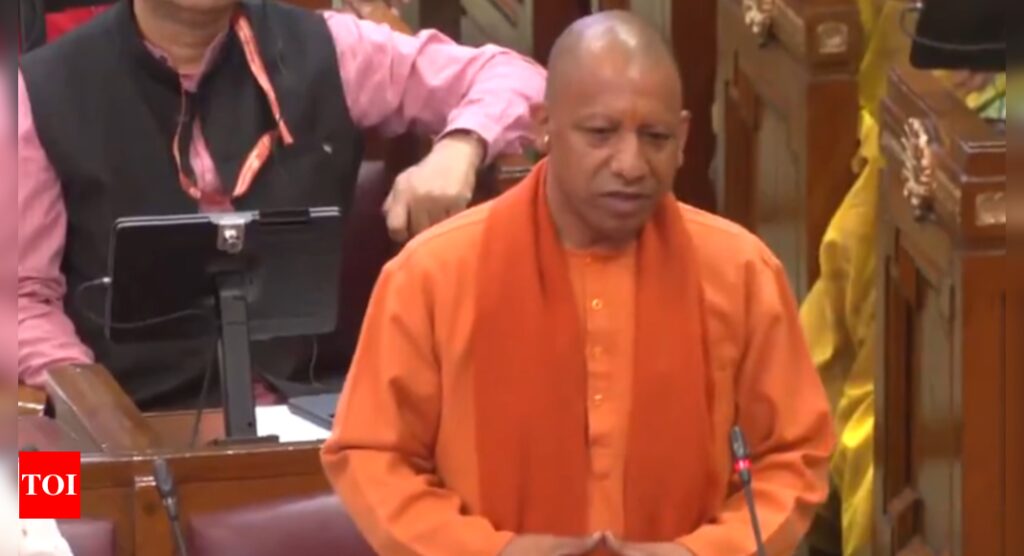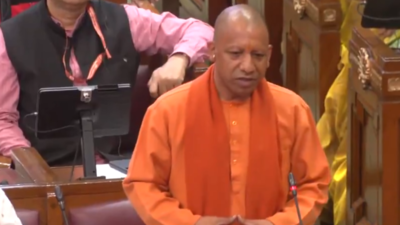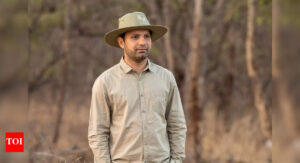Yogi Adityanath announces regional dialects for Uttar Pradesh assembly proceedings | Lucknow News

NEW DELHI:NEW DELHI: Uttar Pradesh chief minister Yogi Adityanath on Tuesday unveiled a new policy allowing legislators to express their views in regional dialects, including Awadhi, Bhojpuri, Bundeli, and Braj, during assembly proceedings.
The announcement, made in the legislative assembly, emphasises the state’s rich linguistic diversity and aims to ensure that all members, irrespective of their fluency in Hindi, can actively participate in discussions.
Adityanath, while addressing the assembly, highlighted the significance of these dialects in Uttar Pradesh, stressing their growing recognition.
He stated, “Different dialects of the state—Bhojpuri, Awadhi, Braj, and Bundelkhandi—are gaining recognition in this House. Our government is also working towards establishing academies for each of these languages. This House is not meant only for literary and grammar scholars.”
The chief minister also took aim at the opposition Samajwadi Party, accusing it of double standards in their stance on language and education.
Adityanath criticised the party’s opposition to the government’s initiatives and stated, “This is the problem with you people, you (Samajwadi Party) will oppose every good work which is in the interest of the state. This type of opposition should be condemned.”
He pointed out the hypocrisy of sending children to English medium schools while criticizing the state’s efforts to support regional languages, adding, “If someone cannot speak fluently in Hindi, they should have the right to present their views in Bhojpuri, Awadhi, Braj, or Bundelkhandi.”
Speaker Satish Mahana confirmed that Assembly proceedings would be translated into these four dialects, along with English, ensuring that all legislators can contribute effectively in their preferred language. This move marks a significant step towards promoting linguistic inclusivity in the state’s legislative process.







